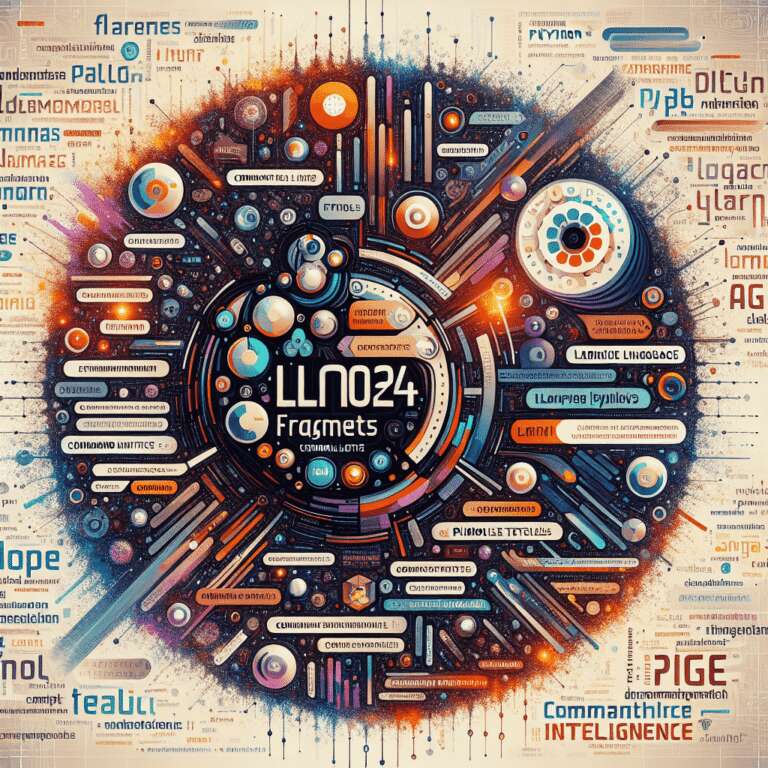LLM 0.24 introduces innovative features designed to improve the handling of long input context, capitalizing on advancements in modern LLMs. This latest update utilizes fragments and template plugins, significantly enhancing the functionality of this command-line tool and Python library for interacting with LLMs. The update allows users to include multiple fragments in prompts and supports plugins for loading various model fragments, providing a more efficient way to manage large chunks of data.
The long context capabilities in LLM 0.24 align with recent trends in LLM development, exemplified by models like Llama 4 Scout and Google´s Gemini series, which support millions of tokens. This feature facilitates the processing of extensive codebases and documents, offering users enhanced performance at minimal costs. The update also includes a storage-efficient mechanism, where fragments are stored in a fragments table and deduplicated for future use, thereby solving storage redundancy issues associated with long context prompts.
Further innovations in LLM 0.24 include plugins for documentation querying, template loading, and model-specific settings. The llm-docs plugin, for instance, allows users to interact with LLM´s own documentation seamlessly. Additional enhancements, such as the new llm-openai plugin, template sharing via GitHub, and more intuitive CLI options, demonstrate LLM 0.24´s commitment to providing a modular and user-friendly experience. These updates permit users to maintain agile development workflows, ensuring LLM remains adaptable to the rapid evolution of Artificial Intelligence capabilities.

